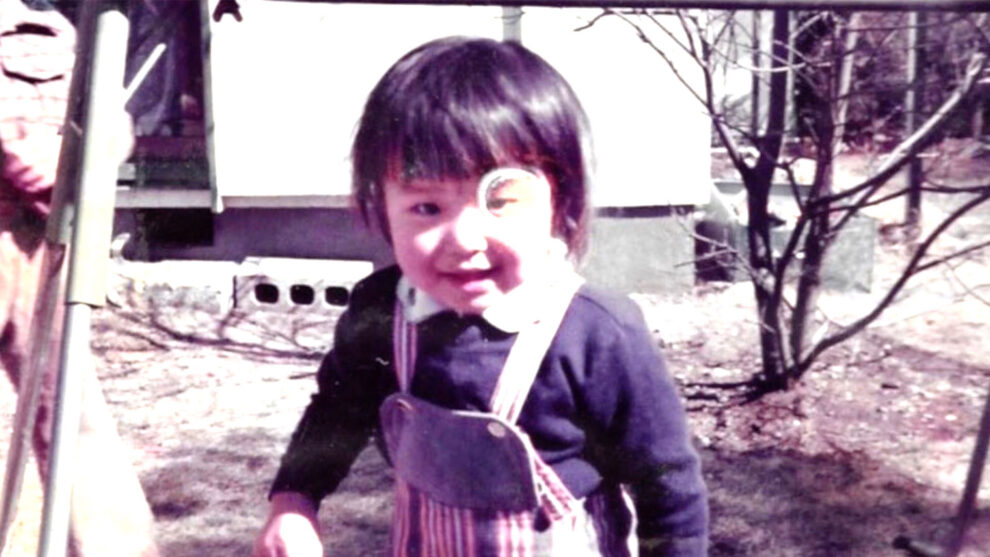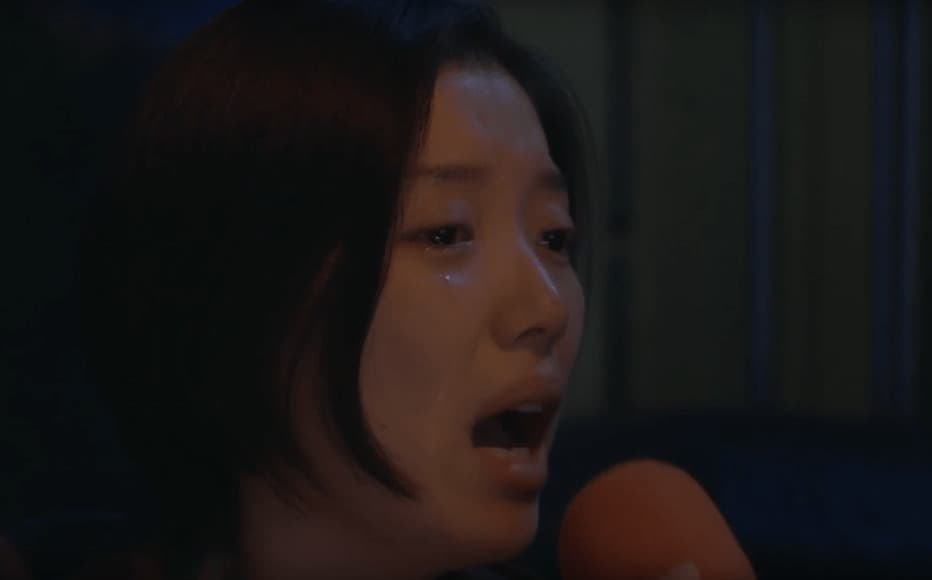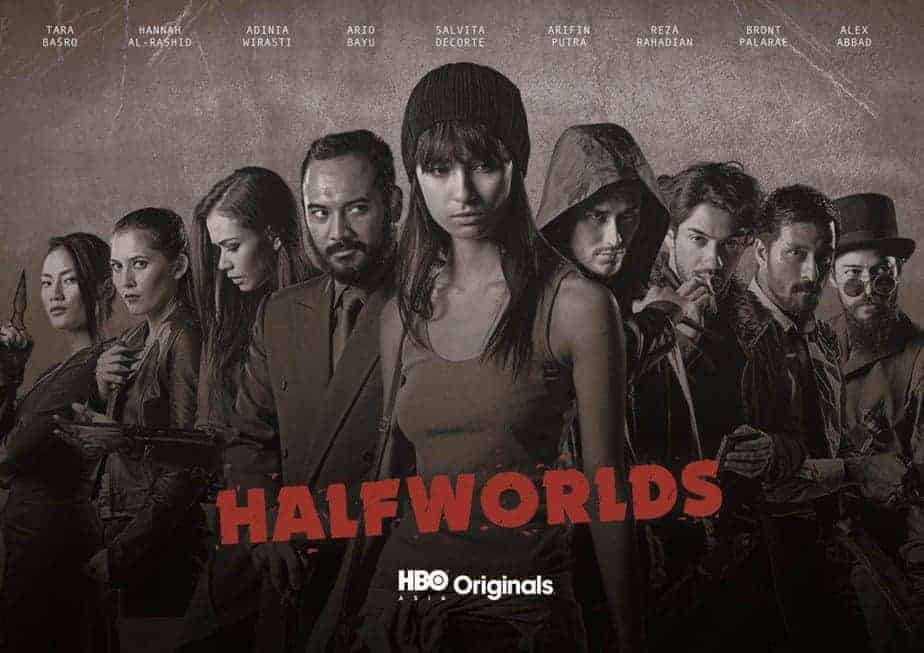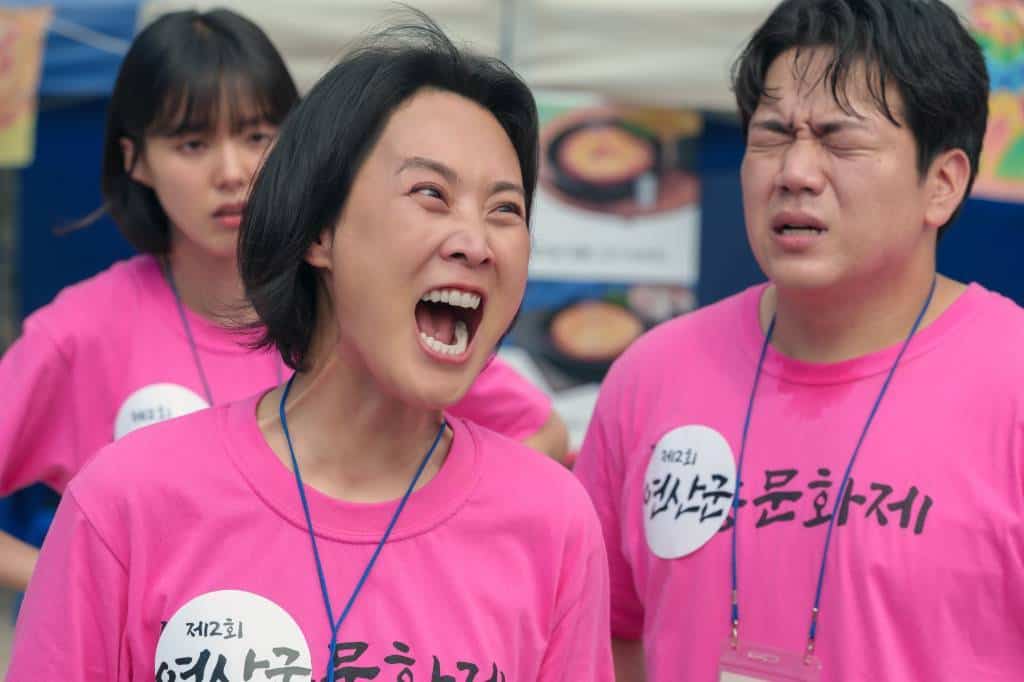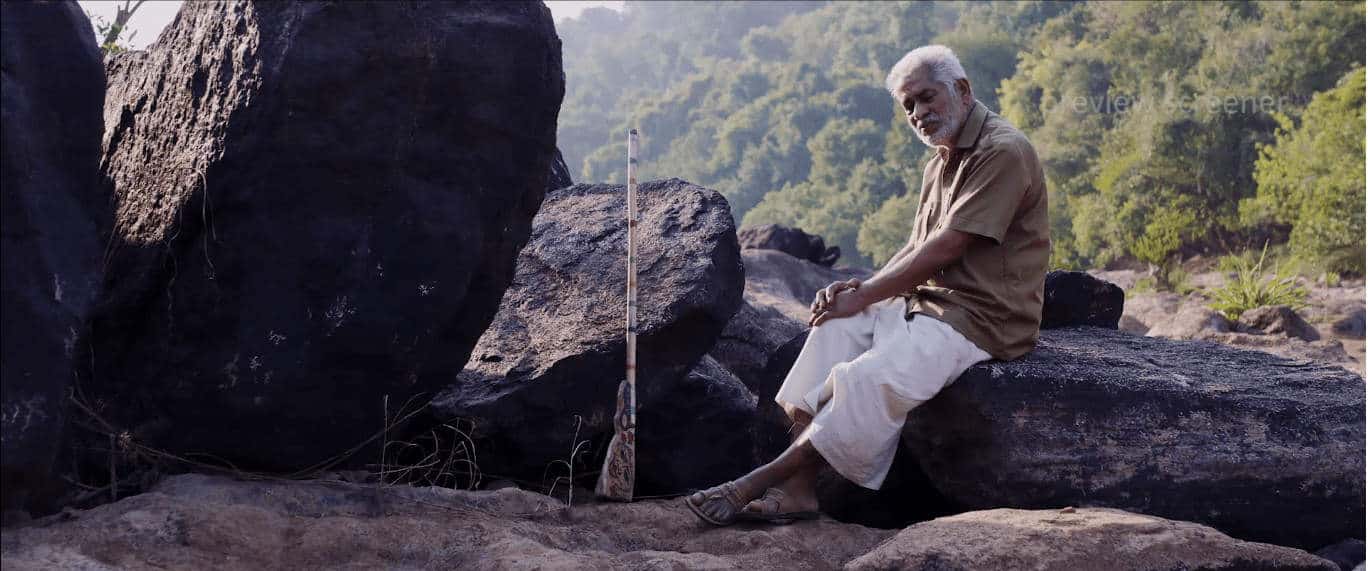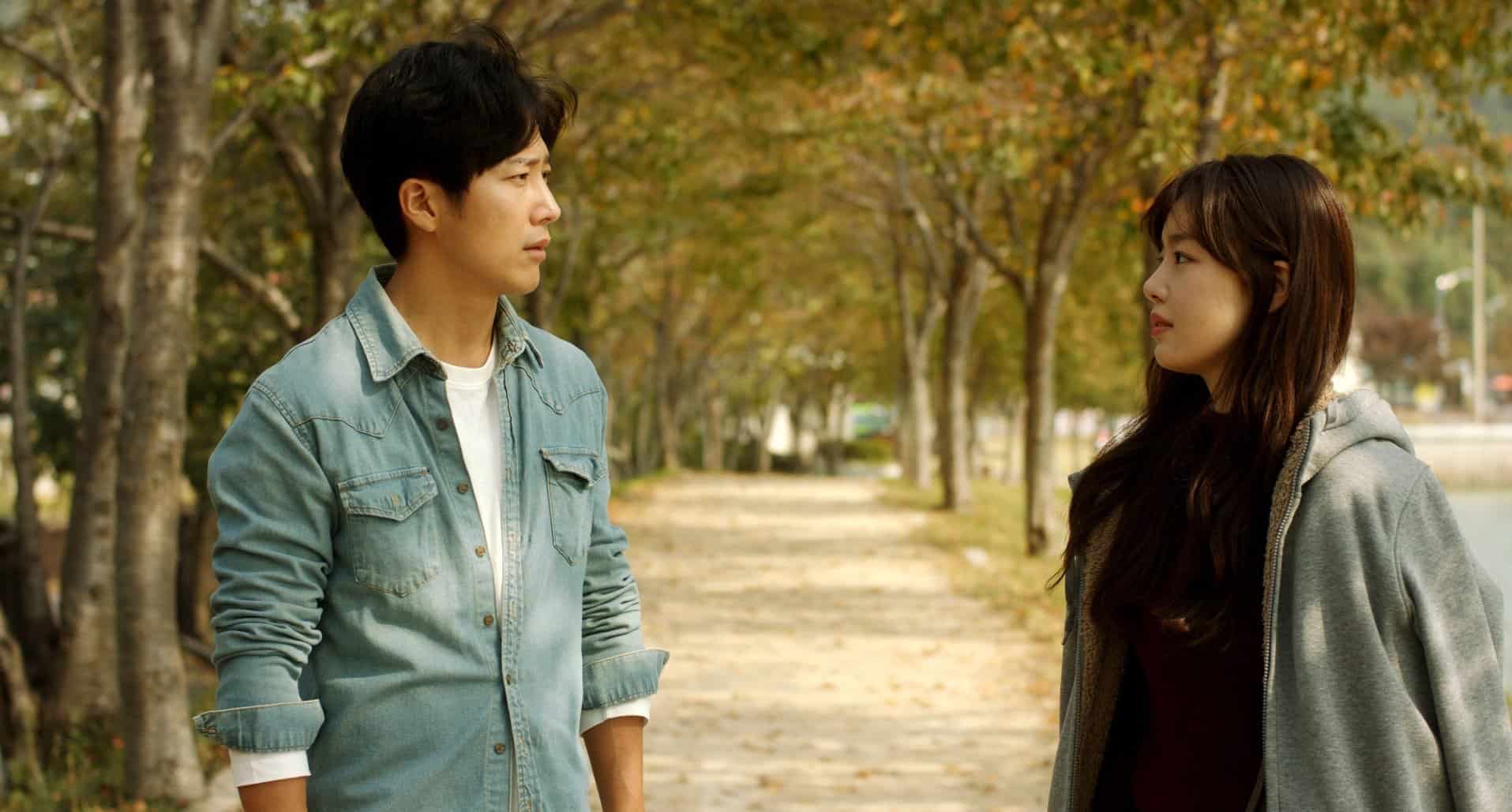Making a documentary about your own life brings with it the problem of subjectivity and framing yourself in a positive light. And to start, Mizuko Yamaoka's “Maelstrom” starts off in this way, with her voice dominant throughout, overbearingly so. But from this starting point, you can feel the journey of her self-discovery come the conclusion, with what starts as self-indulgence becoming some strong documentary filmmaking.
Maelstrom is screening at Nippon Connection
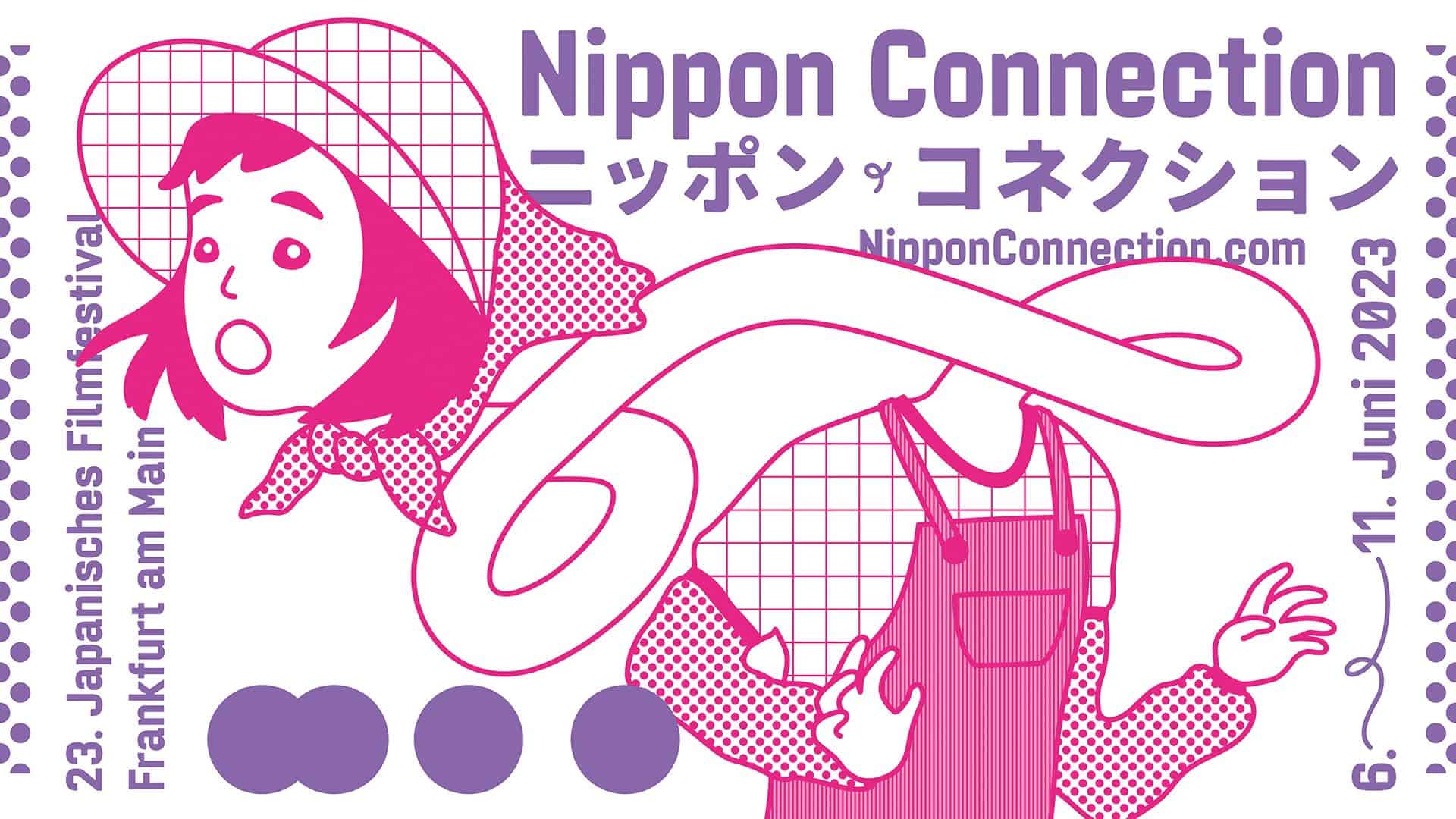
Starting off as a critique of her parents' generation, where things are preordained and nothing disrupts the order of things, we see a strong-willed young woman who doesn't connect with her parents. Moving to New York to study art, she struggles to find a place for herself in her new life, before she is tragically struck down while out on her bike. Left paralysed, Yamaoka makes the difficult decision to move back to her parents' home in Japan. Having spent a life trying to escape them, she is now dependent on her family. Having modified their home to accommodate her, but allow her as much independence as possible, she gradually starts to move out on her own once more. But as people in her life move on, she sees that there was a constant always present.
Initially, “Maelstrom” is something of a bland struggle. Like a song that builds where you're waiting for the beat to kick-in, this never quite gives you the satisfying drop you're looking for. You're looking for something to break or pause Yamaoka's endless narration: some music or the voice of another. This is a lecture, talking over a slideshow, and so struggling to fully engage, despite its intriguing story. We are a third of the way through before we hear another voice, and while portraying her mother as overbearing, it is a trait that seems to run in the family.
We see shots of others talking, from Yamaoka's informal interviews with them, but rather than allowing them to speak for themselves, she narrates over them. Rather than allowing the natural course of events to unfold, the first half feels very much Yamaoka's story, and it is she doing the telling.
But as we get closer to the present – with Yamaoka having trained in documentary filmmaking – old home movie footage is replaced with demonstrative shots of her struggles to access a basement salon or get into her car. These give much more flavour to her life and her battles for independence. When her father becomes ill, the rest of the family are given more of a voice and her world becomes more rounded.
Shots of waves linger behind scenes throughout, and there is always something beneath the surface. As much a critique of the changing face of Japan, we see elements of Japanese society, such as demolishing and rebuilding family homes brought into view. This idea of a limited lifespan and the need to move-on defines Yamaoka's life, as she once again tries to start-up on her own. However, now she sees that the old life will always be part of her, and this new perspective brings with it a greater sense of family and home.
Yamaoka can come across as ungrateful and selfish at times, and this is something she acknowledges. We start to gather sympathy for the others involved in the story, but her struggles also see us sympathize with her. While this is not always an easy road, we arrive at a panorama of clarity. And Yamaoka drove us there.


